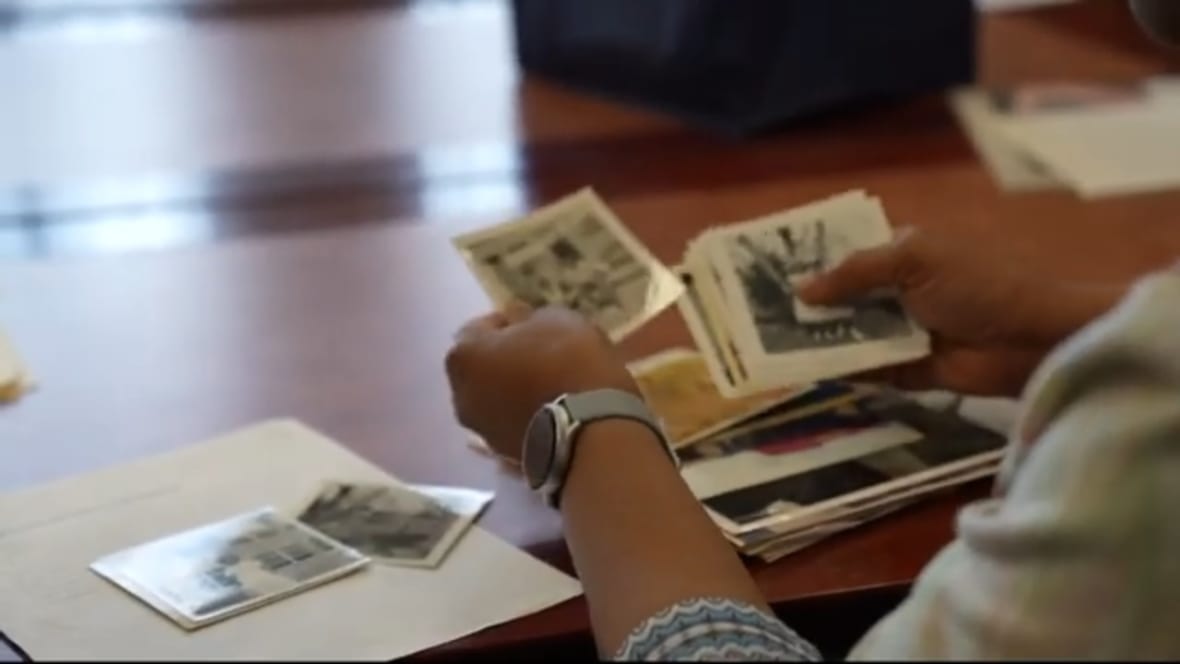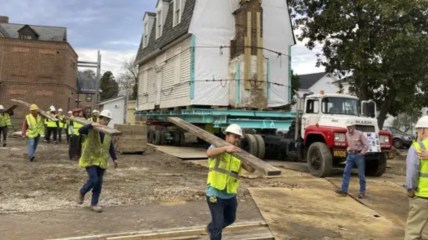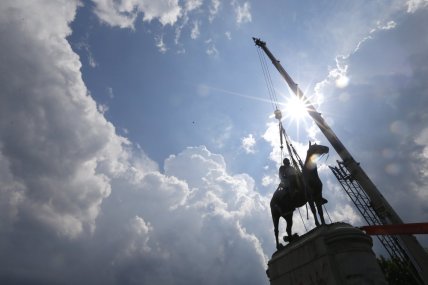City wants to tell the stories of its Black citizens
Alexandria, Virginia, has a rich history, but part of it has been overlooked. The city's first Black Family Reunion sought photos and artifacts to enhance library archives.
Many people remain unaware of the rich history engulfing a key Virginia city, and efforts are underway to change that.
According to The Washington Post, officials in Alexandria learned less than 30 years ago that a gas station was constructed on a sizable burial ground for Black Americans who escaped slavery during the Civil War. Parts of the city’s history are known — a church that George Washington and Robert E. Lee frequented is still open for worship, for example — but visitors may walk through Black neighborhoods in the city’s bustling downtown and waterfront without ever learning their names.
While the city has archives full of documents dating back to the 1800s, it neglects to tell the stories of Black Alexandrians who have long been the subject of legal discrimination. Rose Dawson, director of the Alexandria Library, decided about six months ago that she would change that.

The library’s special collections section contains more than 50,000 pictures, plans and manuscript collections on the histories of Alexandria and Virginia. Dawson started an attempt to increase those collections after speaking with a former library board member and requesting photos and papers that tell the history of the Black community from the city’s residents and their descendants.
Hundreds of people showed up at the city’s first Black Family Reunion on Saturday. Bill Euille, the city’s first Black mayor, and Char McCargo Bah, a genealogist with deep roots in the Black community, aided the outreach initiative.
“We have holes in our history that, quite honestly, were intentional in a lot of places,” said Alexandria Mayor Justin Wilson, according to WUSA9 News.
The reunion venue — in front of the Kate Waller Barrett branch library — was home to one of the nation’s earliest sit-ins to denounce segregation in 1939 and a nod to Alexandria’s uncomfortable attitude toward the city’s Black history, according to The Post.
Beatrice Cross Taylor, 87, a lifelong resident of Alexandria who said she is related to some of the people interred in the neglected Freedmen’s Cemetery, was among those who showed up on Saturday. Taylor and a handful of other attendees graduated from the segregated Parker-Gray schools’ final high school class in 1965.
Taylor that she had gathered vintage images of the area formerly known as “Colored Rosemont” to submit to the library. The historic neighborhood, once a refuge for Black working-class people, has vastly changed and is now surrounded by properties fetching over $1 million.
Taylor and her 69-year-old niece, Yvette Lewis, said many Black families had left Alexandria due to the city’s exorbitant property prices. They concurred that it was past time to take action to protect artifacts from the city’s Black history.
Jimmy Lewis, 76, who has no known ties to Yvette Lewis, was holding a framed 1964 article from The Post showing him as a member of the All-Metropolitan School Boy Squad of top high school basketball players from the District, Virginia and Maryland. He later played for West Virginia University and went on to become the inaugural head coach of the WNBA’s Washington Mystics. Janice Lewis Winters, his 84-year-old sister, was with him.
The two were raised in Seminary, a historically Black neighborhood close to the Virginia Theological Seminary, where their grandfather served as a sexton. Their mother was a descendant of the Quander family, whose history in America dates back to the 17th century and includes a woman enslaved at Mount Vernon, home to George Washington.
“We are known as a historic town. We know about George Washington and his hanging out at Gadsby’s [Tavern]. We know about Robert E. Lee, that this was his childhood home,” Dawson said, according to The Post. “But when you go to call out African Americans who played a major part in the history, you don’t get any names.”
TheGrio is FREE on your TV via Apple TV, Amazon Fire, Roku and Android TV. Also, please download theGrio mobile apps today!


